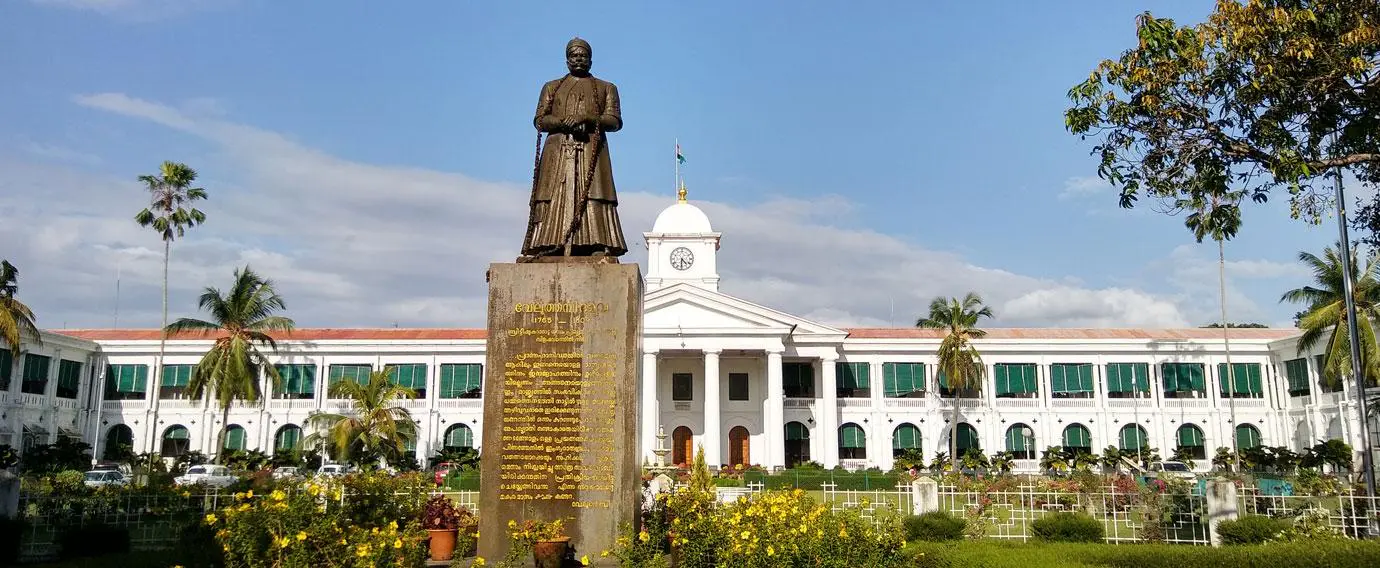Kerala’s political history is a testament to its progressive ideals and vibrant democratic culture. Known for its high literacy rates and political awareness, the state has been at the forefront of socio-political transformations in India. The political landscape of Kerala is marked by the rise of mass movements, particularly during the early 20th century, when reformist organizations challenged caste hierarchies and feudal systems.
The Indian Union Muslim League (IUML) has played a significant role in shaping Kerala's political landscape since the state’s formation in 1956. Representing the aspirations of the Muslim community while advocating for secularism, the IUML has consistently influenced Kerala's political and social development.
Initially emerging as a response to the socio-political challenges faced by Muslims during and after the partition, the IUML became an integral part of Kerala's democratic framework. It has been a key partner in coalition politics, particularly within the United Democratic Front (UDF), ensuring the representation of minority voices in governance.
The IUML has contributed significantly to advancing education, economic development, and social reform within Kerala’s Muslim community. Institutions established under its leadership have played a pivotal role in improving literacy and higher education rates, especially among marginalized groups.
The party has also upheld secular values, building alliances across communities and maintaining a balanced approach in Kerala's pluralistic society. The IUML’s active participation in legislative and policy-making processes has made it an enduring force in Kerala politics, blending minority rights advocacy with progressive governance.
